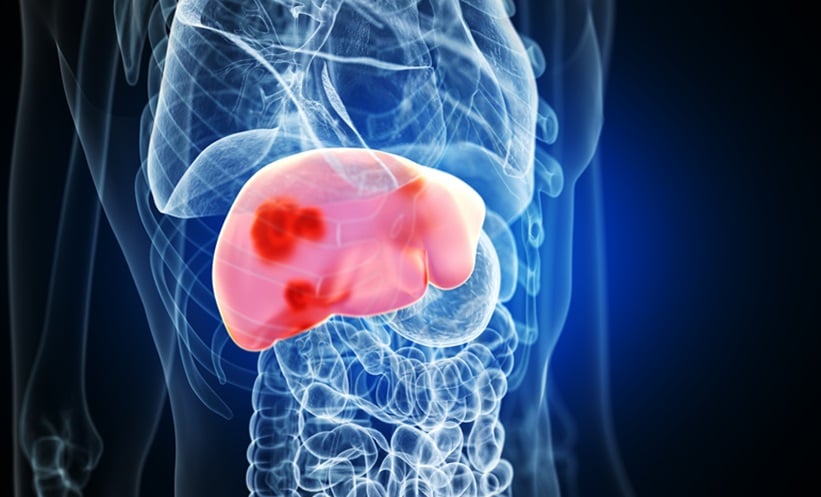HEPATOCELLULAR carcinoma (HCC) is one of the most prevalent liver cancers and a leading cause of cancer-related deaths worldwide. For advanced cases of HCC, systemic treatments, such as immune checkpoint inhibitors (ICIs), have become a cornerstone of therapy.
The combination of atezolizumab, an anti-programmed cell death-ligand 1 (PD-L1) antibody, and bevacizumab, an anti-vascular endothelial growth factor antibody (Atezo/Bev therapy), is currently recommended as a first-line treatment for patients with preserved liver function, however, the challenge remains to identify reliable biomarkers that can predict which patients will respond favourably to such treatments.
Recent research has explored the possibility of using serum anti-PD-1 autoantibodies (AAb) as a potential biomarker for predicting treatment efficacy in patients with advanced HCC undergoing Atezo/Bev therapy. In this study, 63 patients with advanced HCC were prospectively enrolled, and their serum anti-PD-1 autoantibody levels were measured before starting treatment. The researchers aimed to determine whether the levels of these autoantibodies correlated with patient outcomes.
The study revealed that while serum anti-PD-1 autoantibody levels were not significantly associated with overall treatment response, they had a significant impact on overall survival (OS) in patients who received Atezo/Bev therapy as their first-line treatment. Patients with higher anti-PD-1 autoantibody levels experienced poorer survival outcomes compared to those with lower levels. This suggests that elevated anti-PD-1 autoantibody levels may serve as an independent risk factor for poor prognosis in HCC patients undergoing this specific therapy.
Notably, the anti-PD-1 autoantibody levels did not predict progression-free survival (PFS), a common measure of treatment effectiveness, but they were strongly linked to overall survival. This discrepancy may indicate that anti-PD-1 autoantibody levels could be more effective in predicting long-term survival rather than short-term disease progression.
While the findings offer promise, further research is needed to validate the use of anti-PD-1 autoantibody levels as a biomarker for predicting treatment efficacy. Understanding how these autoantibodies interact with immune checkpoint inhibitors, such as atezolizumab, could lead to more personalised treatment approaches for patients with advanced HCC.
Katie Wright, EMJ
Reference
Sasaki Y et al. Anti-PD-1 autoantibody predicts survival of patients with hepatocellular carcinoma receiving atezolizumab/bevacizumab. Gastro Hep Advances. 2024;DOI:10.1016/j.gastha.2024.07.018.








